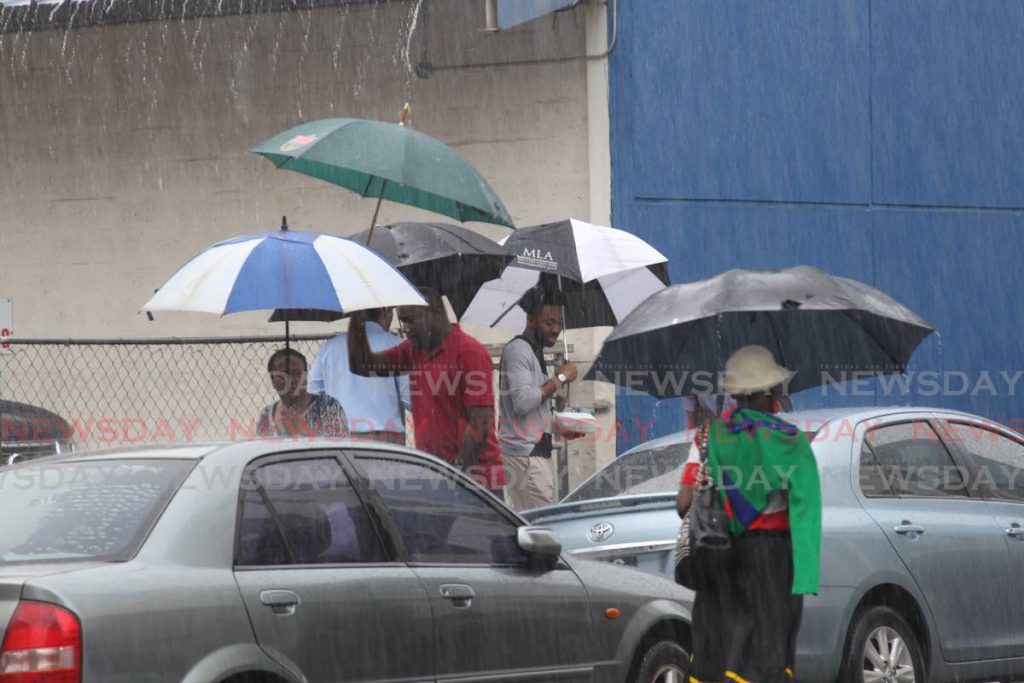Met Office: Wetter than usual dry season

THE 2021 dry season will have more rainfall than usual in most areas, the Met Office said on the weekend in a statement which formally declared the start of the dry season.
“Localised rainfall events are likely to push the monthly rainfall totals to above-average from just a few rainy days during the month.”
The Met Office elaborated in a separate statement, Rainfall and Temperature Outlook for Trinidad and Tobago, December 2020 to May 2021.
“December is likely to be wetter than usual, with above-normal rainfall totals expected.
“Similarly, the chances are highest for wetter than usual conditions with above-normal rainfall accumulated totals during December 2020 to February 2021.” A very high chance exists for at least one seven-day wet spell from December to February.
“Overall, the 2021 dry season (January to May) is likely to be wetter than average for all of TT with accumulated rainfall totals likely to be in the above-normal category. Despite this, there are likely to be many sunny days with typical dry season weather, including visitation of typical dust haze events.”
The country is likely to get about 90 dry-days during the season, fewer than the average of 109 dry-days, where a dry-day is a day with less than 1.0 mm of rainfall.
The dry season usually has three to eight seven-day dry spells and one to five ten-day dry spells, the statement said.
For 2021, it is likely to have one to four seven-day dry spells and one to three ten-day dry spells. “A number of hot days, leading to short-duration hot-spells are likely in April and May.”
A few nights in January and February are likely to be relatively cold with minimum temperatures falling below 20 degrees Celsius.
“Existing La Niña conditions are likely to last into the 2021 local dry season and this influences the wetter-than-usual local conditions, significantly.” The above-normal rainfall would have maintained relatively high river and surface-water flow levels and soil moisture in December.
“Riverine and flash flood potential remains elevated during December and early January, particularly for known flood-prone areas and new/recent flood risk areas.
“Elevated risk is maintained for landslips and landslides in hilly areas during prolonged rainfall periods and heavy rainfall days. Continuation of favourable rains for water management and agriculture can be expected during the period.”
Enhanced rainfall will benefit the farming community, but can also elevate the risk of dry-season flooding for some flood prone areas, including farm fields.
“Wetter than usual conditions are likely to subdue, but not eliminate bush-fire potential early in the season, hence the risk of reduced air-quality still exists.”
These conditions can also lead to more water ponding, which can promote mosquito breeding and raise the risk of dengue incidences.
High temperatures at day and night from March to May can negatively impact heat-related ailments plus livestock, and increase water evaporation rates.


Comments
"Met Office: Wetter than usual dry season"